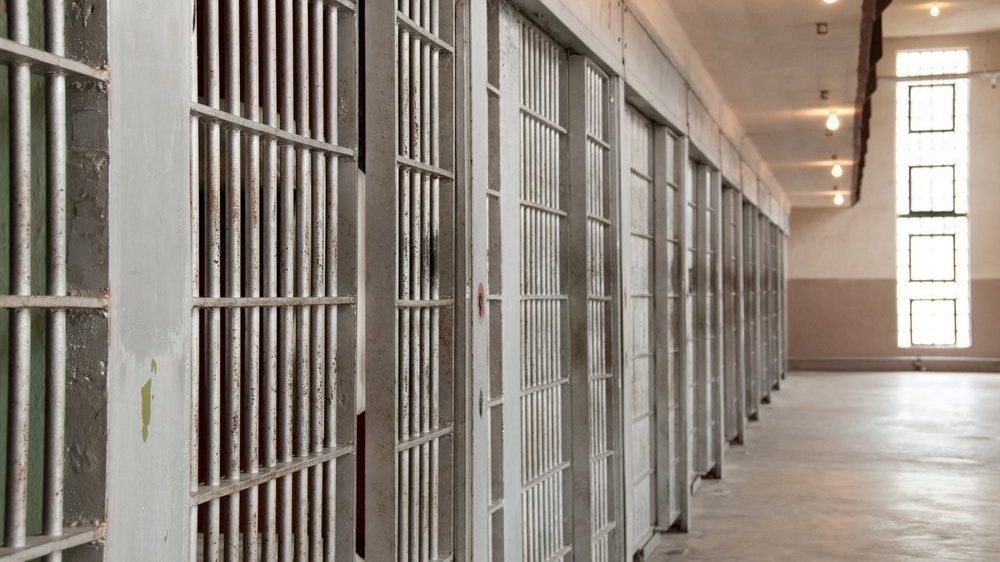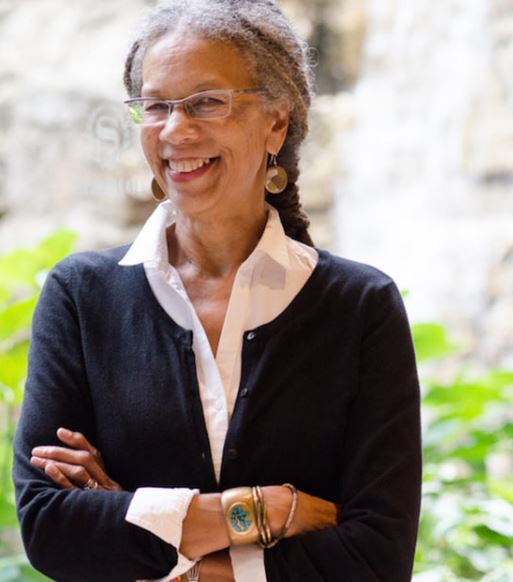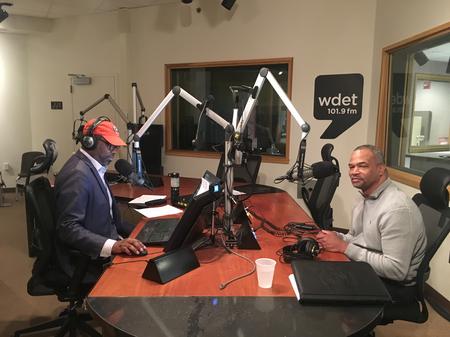A Former Inmate and a Prison Abolitionist Weigh In on Whether We Should Eliminate Prisons
Stephen Henderson speaks with prison abolitionist Dr. Ruth Gilmore and Darryl Woods, who spent 29 years in prison.


Is prison necessary? That’s the question posed by a recent New York Times piece spotlighting Dr. Ruth Wilson Gilmore, a longtime advocate for prison abolition.
The idea may sound extreme — maybe even radical or scary. But there are researchers, such as Dr. Wilson Gilmore, who believe it could be put into practice.
She joins Detroit Today with Stephen Henderson to talk about her work and why she thinks its time to scrap our prison system.
But first, Henderson speaks with Darryl Woods, who spent 29 years in prison for homicide before Gov. Rick Snyder commuted his sentence late last year.
Click on the audio player above to hear those conversations.

Henderson and Woods got to know one another when Woods was still in prison. On getting to know Woods, Henderson writes:
When he was 18, Darryl Woods was charged with first-degree murder, after shooting a man at a drug house in Detroit.
He spent 29 years in prison, where he became a minister, chaired the NAACP prison program and led thousands of youth and prisoners through his RESTART Youth Deterrent Program.
I met Darryl many years ago, as a lifer who was trying to make good use of his time behind bars. I knew how dedicated he was to that cause. I knew how much he cared about people on the outside, especially kids, whom he feared would end up where he was.
But I’ll be honest. I never… ever.. thought I’d get to know Darryl Woods outside the prison walls. He would always be inside. He would always be incarcerated.
But then, last year, as Gov. Rick Snyder prepared to leave office, the impossible happened. Snyder granted Woods a pardon… and so Darryl walked out of prison earlier this year, and into a life of freedom he has never known as an adult.
He is trying to put his life together. Get work. Find home. Reconnect with family, and build the support systems that most of us take for granted.
I saw him a few weeks ago, for the first time outside of a prison, and thought, just for a minute, what that must feel like for him. The newness of everything. The difficulties that will attend even the most basic efforts to build a life for himself.
But all Darryl could say was how thankful he was to be out, how much he was looking forward to life, unshackled for the first time in three decades.
